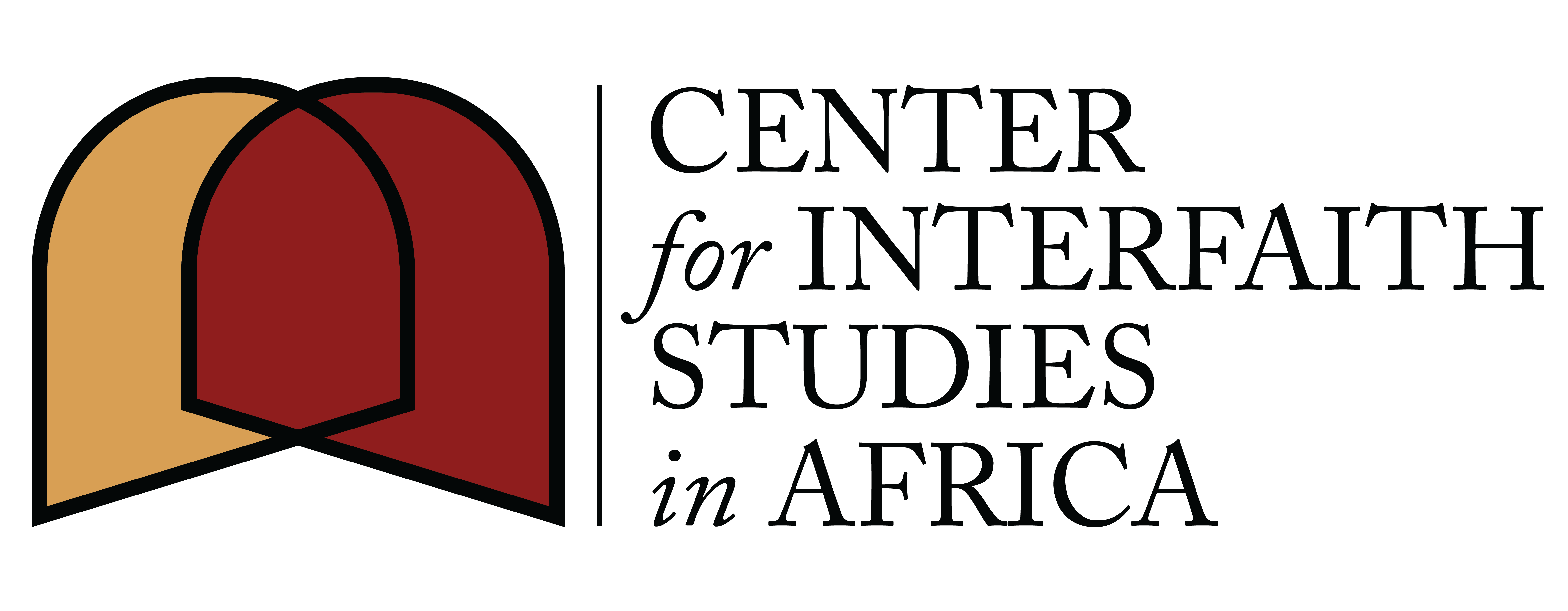
On Thursday, March 20, 2025, I was one of two guests on a program titled Droit dans les yeux (Right in the Eyes) on the TV channel 7 Info. The other guest was Imam Zacharia Sidibé. The priest and the Imam were invited to the same set to discuss Christian Lent and Muslim fasting, which intersect this year. The journalist who invited us had expressed a desire to discuss the meaning of Muslim and Christian fasting, examining the religious significance of each faith as well as the spiritual applications for believers. Moreover, since we are in Côte d’Ivoire, a West African country that will hold presidential elections in October, the journalist wanted to explore how we perceive the role of religious leaders at a critical and potentially volatile moment in the nation’s life. This was the topic of discussion.
In a cultural context where the presence of Islam influences Christian practices, I took the opportunity to highlight the specificity of Lent, which is not a month of fasting for Christians. First of all, the Latin etymology of the word “Lent,” quadragesima, which means “fortieth,” sets out a particularity. It’s a period of 40 days during which the Christian relives with Jesus his sojourn in the desert and wages the same battle against evil as his master did. These 40 days are themselves reminiscent of the 40 years during which the people of Israel wandered in the desert toward the Promised Land, abandoned to their limitations but supported by God’s solicitude.
This high point in the life of the Church is not only characterized by fasting. Fasting is itself a dimension of penance, which can be enriched by other types of deprivation, complemented by prayer and sharing. In the provisions of the Code of Canon Law, while all Christians must practice penance “each in his own way” (C. 1249), and all Fridays of the year are days of abstinence, the only days of fasting prescribed during Lent are Ash Wednesday and Good Friday (C. 1251). Adults are required to fast until the beginning of their sixtieth year (C. 1252). These clarifications give renewed prominence to the teachings of the prophets, particularly those of the 8th century B.C., whose teachings make religion more inward-looking, and propose other forms of penance than simply abstaining from eating and drinking. Lent can, therefore, be understood as a time for decentering oneself and refocusing on God and one’s neighbor. I was keen to quote the prophet Hosea, to emphasize that during Lent, the believer experiences God’s tenderness by disentangling himself from himself and from things of secondary importance (Hos 2:16-18).
Imam Sidibé, for his part, retraced the historical origins of the month of Ramadan and converged on the same calls to penance, sharing, and prayer. This convergence is not surprising, since the prescription of fasting in the Holy Book of the Koran refers to the practice of other believers who preceded Muslims. He emphasized that Muslim fasting was addressed God in its vertical dimension, to one’s neighbor in the horizontal dimension, and was also directed inward, helping the believer achieve a healthier lifestyle by reducing consumption. It is worth noting that Imam Sidibé is also a nutritionist.
One of the main themes of the program was the dialogue between the two religions, Islam and Christianity. Asked what we Catholic Christians share with Muslims, I recalled the observations of the Declaration Nostra Aetate. Dogmatically speaking, the Council states that we believe in the same God and worship him through penance, prayer, and sharing. Muslims also consider Jesus to be a prophet and honor his mother.
With Muslims, we believe in the resurrection of the dead and the Last Judgment. On an ethical level, the Council encourages Christians and Muslims to work for social justice, peace and freedom.
In retrospect, I wish I could have insisted that the coincidence of Lent and Ramadan was conducive to interfaith dialogue, particularly the dialogue of life. Christians and Muslims who organize the collective breaking of the fast are not mistaken. This dialogue of life is itself likely to make the dialogue of works possible because it brings believers together and enables them to think of appropriate ways to meet the challenges of their daily lives, particularly those linked to the torments of poverty. And while the dialogue of experts may seem like a luxury, during the program I was able to admire Imam Sidibé’s knowledge of the Bible, as he repeatedly quoted the Pentateuch and the Sermon on the Mount with remarkable precision. It would not have been excessive to mention what Pope Francis called “the dialogue of blood” when terrorists unite in their crimes the blood of Christians and Muslims who believe in living together. Overall, the tone of the exchanges was friendly and peaceful.
The final part of the program dealt with the role of the religious leader during the electoral period that the country would experience this year. The Imam insisted that Islam was a religion of peace and that a Muslim who was not a friend of peace would not see paradise. He resolutely upheld the secular nature of the Republic of Côte d’Ivoire, asserting that the religion of the Head of State should not be the religion of the people. For my part, I proposed a distinction between politics as a race for national representation, in which the cleric could not participate, and politics as the construction and safeguarding of the common good, from which he could not shirk. A few days earlier, the Conference of Catholic Bishops of Côte d’Ivoire (CECCI) had made public their “Appel pour une élection présidentielle juste, transparente, inclusive et apaisée” (Call for a just, transparent, inclusive and peaceful presidential election) launched on March 11, 2025.
